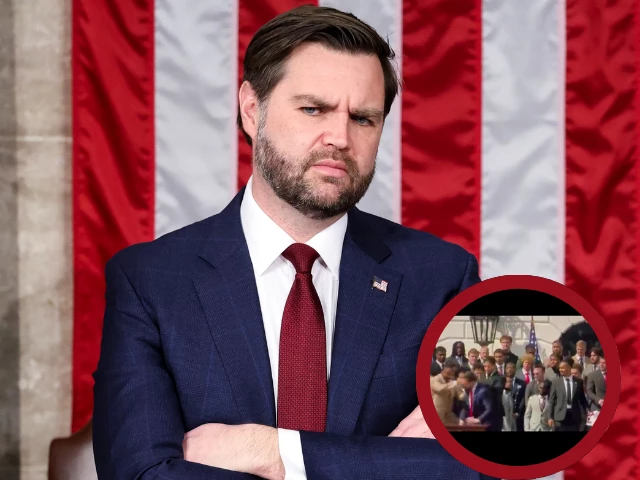Global Concern Mounts as India-Pakistan Tensions Escalate Over Pahalgam Incident
Key Developments:
-
US Calls for Restraint Amid Indian War Rhetoric
-
US Vice President JD Vance, during a visit to India, expressed hope that India’s response to the Pahalgam attack “does not lead to a broader regional conflict.”
-
His remarks came after PM Modi reportedly granted India’s military “complete operational freedom” to decide on retaliation.
-
Indian media reacted angrily, with Times of India accusing the US of “backstabbing India and shielding Pakistan.”
-
Vance urged Pakistan to cooperate in counterterrorism efforts if militants were operating from its soil.
-
-
Pakistan’s Firm Warning & Diplomatic Push
-
Army Chief Gen Asim Munir issued a clear warning: Any Indian military misadventure will be met with a “swift, resolute, and notch-up response.”
-
Pakistan has offered a neutral, transparent probe into the Pahalgam incident, while rejecting India’s unsubstantiated allegations.
-
PM Shehbaz Sharif reached out to Saudi, UAE, and Kuwaiti ambassadors, seeking their support for de-escalation.
-
He emphasized that India’s aggression is a distraction from Pakistan’s counterterrorism and economic recovery efforts.
-
-
International Diplomatic Efforts
-
European Union:
-
EU Foreign Policy Chief Kaja Kallas spoke with Pakistani FM Ishaq Dar and Indian FM Jaishankar, urging restraint and dialogue.
-
Dar rejected India’s baseless accusations and raised concerns over India’s suspension of the Indus Waters Treaty, calling it a violation of international law.
-
-
UNSC Outreach:
-
Pakistan briefed Panama and Denmark (both UNSC members) on India’s “inflammatory propaganda” and unilateral actions.
-
Both nations stressed restraint and pledged to work for peace at the UN.
-
-
-
India’s Isolation on the Global Stage
-
Despite its aggressive posturing, India has failed to provide credible evidence linking Pakistan to the Pahalgam attack.
-
The US, EU, and other nations are pushing for de-escalation, undermining India’s attempts to justify military action.
-
Pakistan’s call for an impartial investigation has gained traction, while India’s refusal to cooperate raises suspicions.
-
A Test for Regional Stability
-
India’s warmongering rhetoric risks destabilizing South Asia, but global powers are urging restraint.
-
Pakistan’s measured response, combined with diplomatic outreach, has positioned it as the responsible actor in this crisis.
-
The international community’s intervention may prevent a larger conflict, but much depends on whether India chooses escalation over dialogue.
-
If India opts for military action, it could trigger a dangerous confrontation, with Pakistan prepared to retaliate decisively.
-
The world must press for transparency—Pakistan’s offer of an independent probe remains the most credible path to truth and de-escalation.







